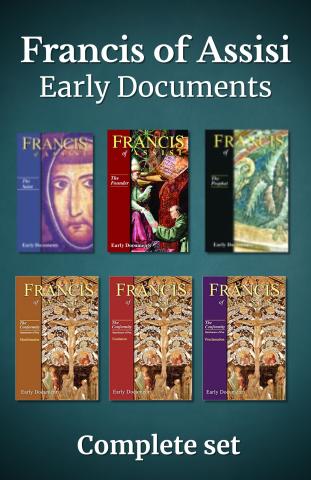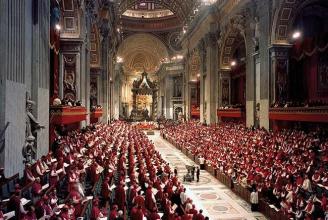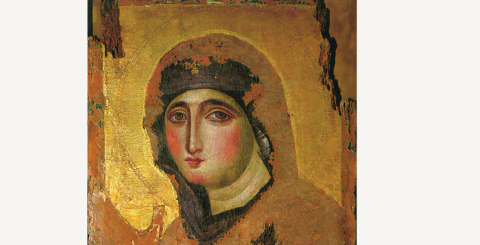
Studying the Life of Saint Francis of Assisi

About the book
This volume functions as an extraordinary source book with its ready made lesson plans and insightful commentaries on the varied aspects of the life of Saint Francis based on the Early Documents I, II and III. The Second Edition includes new scholarship and new bibliographic references. Worksheets have been revised.
There has never been a richer time for Franciscan studies than now, thanks in great part to the publication of Francis of Assisi: Early Documents (FA:ED) in 2002. Hugo’s workbook is a proven resource that has guided people at all academic levels through a study of the life and writings of Saint Francis using primary sources in translation. This Second Edition is a thorough revision that is totally compatible with FA:ED. It also includes new scholarship and new bibliographic references. More than half the worksheets of the previous edition have been revised, and others have been added.
The worksheets can be done by individuals or in groups or seminars. General readers will enjoy learning about Saint Francis and how hagiography shaped the public stories of medieval saints. Formation directors who teach the life and writings of Saint Francis should not be without this extraordinary sourcebook with its readymade lesson plans and insightful commentaries. A Beginner’s Workbook is an invaluable guide … Br. Bill Hugo takes pains not to interject his own person between the voyager and St. Francis. Rather, he provides the tools and maps out a route for one to discover for her/himself the person of Francis.
Endorsements
A Beginner’s Workbook is a further gift to the flowering of the Franciscan charism in our world.
[This is]… a considerably revised edition …taking a robustly critical approach to the sources. This guide will seem too critical for some, but for many more it will provide a sound basis for studying the life of Francis. It will help us to see more clearly who Francis is, cleared of some of the sentimentalitv that can so easily distort pictures of him. It will prove valuable to those involved in formation in the Franciscan Orders and indeed any wanting to examine the sources for themselves. Hugo takes great care not to present a particular reading of the sources - he leaves us to make up our own minds having read the material and pondered it for ourselves. I commend it warmly.










